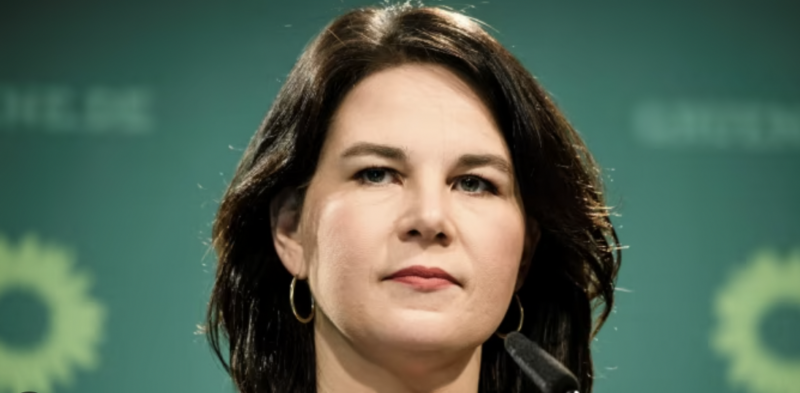It seems like there’s a troubling pattern of failed liberal-globalist politicians finding a cushy spot in supranational organizations after stumbling in national politics. Take Annalena Baerbock, for example. After her lackluster performance as Germany’s Foreign Minister, she’s now being lined up for a potential United Nations post.
That’s right—after failing to make a meaningful impact at the national level, Baerbock might soon get the chance to represent Germany as president of the U.N. General Assembly.
The German Foreign Ministry has officially put forward Baerbock’s name for the role, which is scheduled to be handed over to the “Western Europeans and others” group (which includes Germany) in June. Now, let’s be clear: this isn’t the glamorous job of U.N. Secretary-General; the General Assembly president’s role is more about giving speeches and playing the figurehead. Still, it’s a prime example of how these politicians who don’t quite make the grade domestically always seem to get shuffled off to high-paying, low-stakes positions on the international stage.
Baerbock’s career trajectory is the epitome of this frustrating cycle. Once a candidate for Chancellor, she now finds herself on the way out as the Green Party exits the government in Berlin, handing over the reins to Friedrich Merz of the CDU. Yet, somehow, she’s being prepped for a prominent role on the world stage, despite not really accomplishing much at home. It’s a familiar script for liberal politicians who fail to connect with voters, only to end up securing cushy spots in global institutions like the U.N., EU, or NATO.
One can’t help but wonder: why do these figures keep getting elevated to the international stage after their failure to resonate with their own people? If Baerbock is any indication, it’s less about results and more about political connections. Maybe, just maybe, this system needs a serious rethink.




